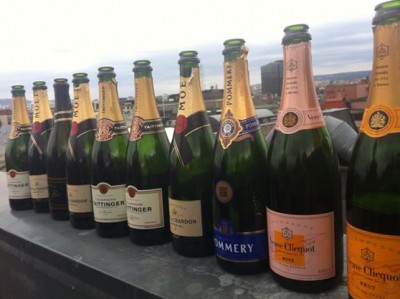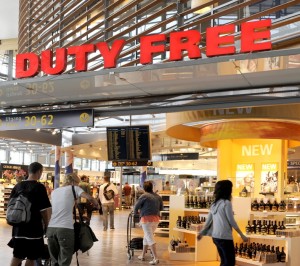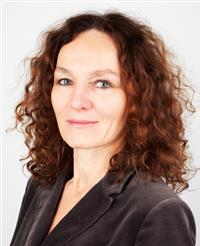Consumption of alcoholic beverages in Norway has never been higher, according to a new report released Monday by the Norwegian Institute of Public Health (Folkehelseinstituttet). There are major variations between generations, though, with younger Norwegians actually drinking less and older Norwegians much more.

According to the institute’s statistics, Norwegians over the age of 15 bought 6.2 liters of pure alcohol in 2012, plus an estimated 1.6 liters that was either bought outside the country, smuggled into Norway or produced privately.
That represented a rise in total consumption of 40 percent since 1992, reported the health institute, even though the prices of wine, beer and liquor in Norway remain among the highest in the world because alcohol is highly taxed to discourage consumption. Norwegians have grown more affluent during the period, however, making alcohol more affordable in general terms, Dr Camilla Stoltenberg, director of the public health institute, told Norwegian Broadcasting (NRK).
Stoltenberg also cited wider availability of alcoholic beverages. Norway’s state-controlled monopoly that regulates sales of alcoholic beverages nationwide, Vinmonopolet, has gone from only selling its products from behind a counter 20 years ago to introducing retail outlets that allow customers to browse the shelves themselves. More outlets have been opened around the country and its employees are known for being experts in advising customers on which wines, for example, best complement the food a customer plans to serve. Wine sales have soared, even though Vinmonopolet recently has warned that its overall sales are declining as traveling Norwegians buy more of their liquor, beer and wine abroad or in tax-free stores.
“Price and availability,” stressed Stoltenberg when asked what she considered to be the two most important factors behind the increase in Norwegians’ alcohol consumption. “Even though alcohol is more expensive in Norway than in many other countries, it is in reality actually cheaper now than it was 20 years ago. There have also been strong trends to liberalize alcohol sales.”

At the same time Norwegians are traveling more than ever before, and thus able to frequently shop in tax-free stores or bring cheaper alcohol home from abroad. There’s also been an ongoing increase in Norwegians traveling over the border to shop in Sweden, where prices are lower than in Norway.
Stoltenberg reported that statistics do show a decline in alcohol consumption among young Norwegians, or at least a “flattening out,” while older Norwegians are drinking much more than before. Many Norwegian adults only drank alcohol on the weekends 20 years ago, whereas now it’s more common to drink wine with dinner, for example. Daily consumption has also increased in line with the explosion of restaurants and an ever-emerging “café culture” in Norway.
Ironically, while Norwegians have adapted more European drinking habits, Stoltenberg said consumption in France, Germany and Spain has declined in recent years. That may be linked to the euro crisis and recession in Europe, though, while Norway’s economy blossomed.

Meanwhile, more women in Norway are drinking alcohol regularly, not least those aged 50 to 70, according to the health institute’s statistics. Their consumption has risen higher than women aged 30 to 39, with Stoltenberg attributing the rise to the high participation of older women in the workforce, more of them living alone and traveling more often.
Statistics also show that alcohol consumption rises in line with education and income levels, while the risk of alcohol-related health problems was higher among those with less education and lower income.
Even though some studies show that wine consumption can be healthy, Stoltenberg, sister of former Prime Minister Jens Stoltenberg, called the increase in alcohol consumption “worrisome.” She claimed that “we know” high prices and restrictions on availability can reduce consumption, but admitted that even tougher measures than those that already exist in Norway are “politically controversial.” She called for “a new debate on what should be done to prevent residents of Norway from steadily drinking more alcohol.”
The leader of the health care committee in the Parliament, Kari Kjønaas Kjos of the conservative Progress Party, stressed a need for more knowledge about the effects of drinking, but rejected more measures to further boost prices and restrict availability. “We already know that more Norwegians are buying alcohol abroad because the prices are too high here at home,” Kjos told NRK. “Norwegians will continue to buy alcohol regardless.” On Tuesday, meanwhile, a new law will take effect allowing Norwegians who don’t use their tax-free on tobacco to buy another two bottles of wine or two liters of beer when returning to Norway.
newsinenglish.no/Nina Berglund

